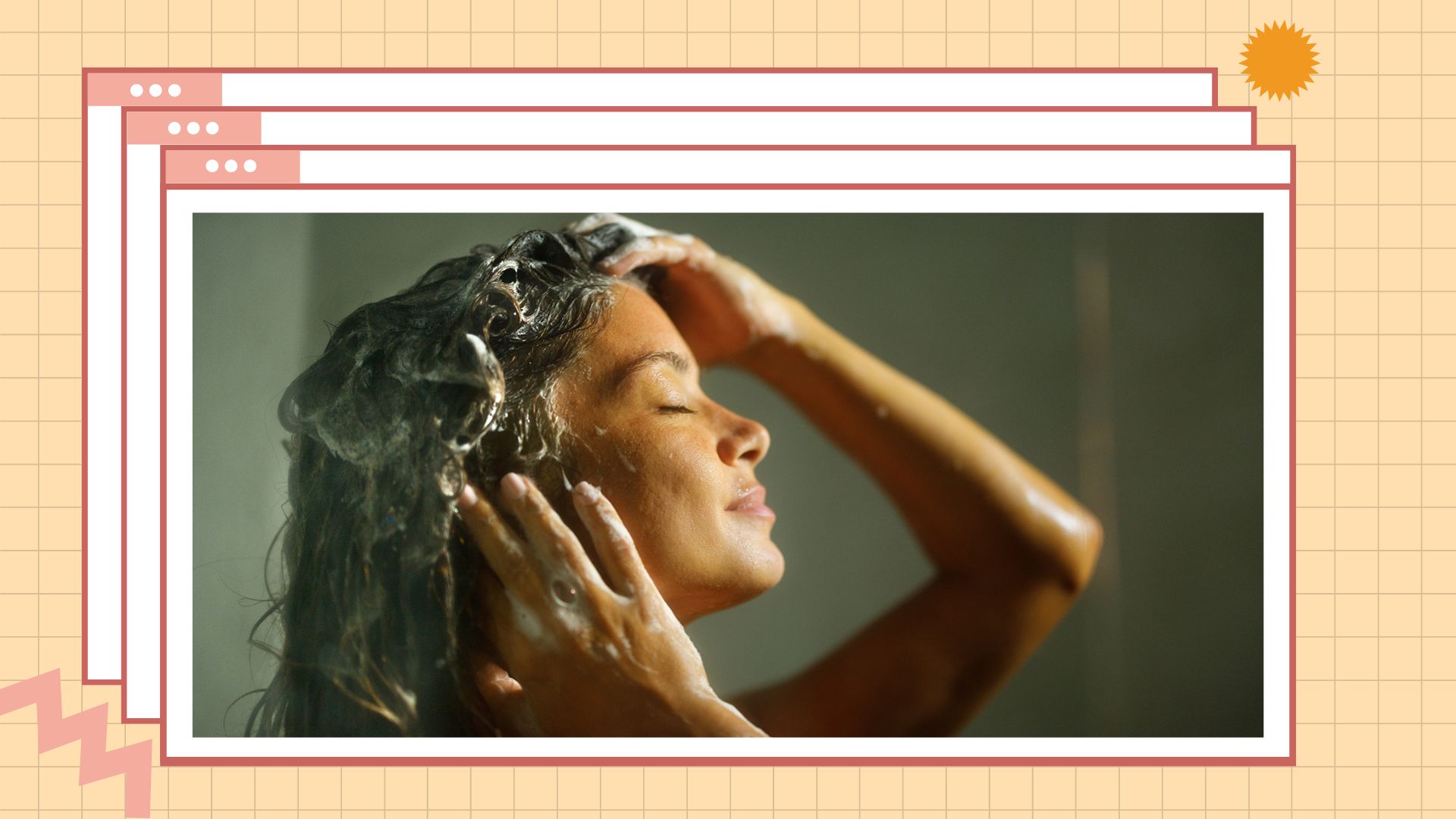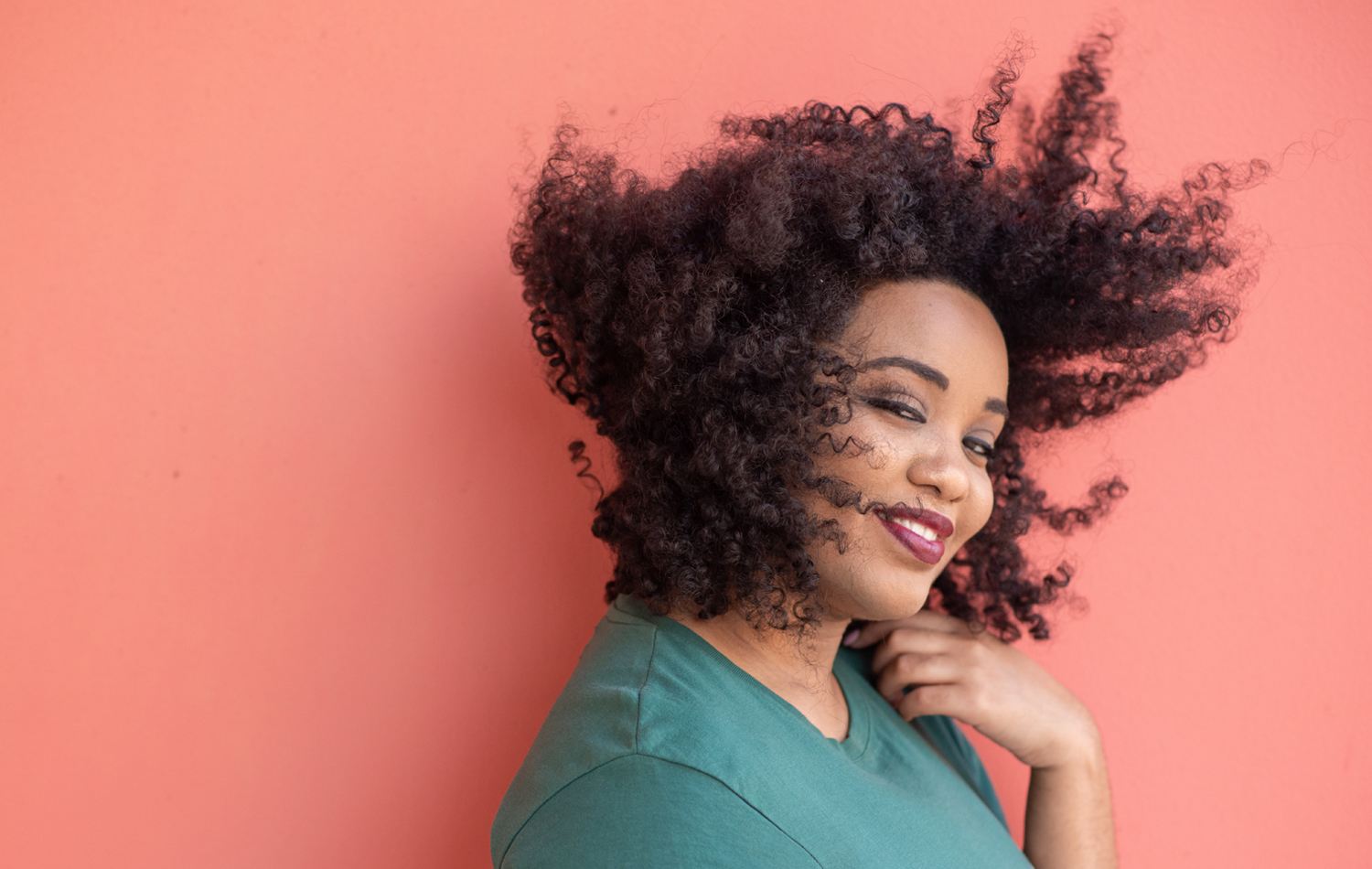What are parabens in shampoo and are they harmful? We asked an expert
Are parabens dangerous? What are parabens in shampoo used for? Allow us to explain


Whether you've got fine hair or are trying the curly girl method for beginners, you've probably noticed that these days many cosmetics, including a lot of haircare products, are being labeled as being "paraben-free". So what are parabens in shampoo, exactly? Why are they still in some products if other brands seem to suggest that they're bad?
It's natural to see a product being as "free from" something and have the knee-jerk reaction that said ingredient must be bad for whatever reason—but, as with the question of what sulfates do to hair, that's not necessarily the case.
We asked an expert to explain what parabens do in hair products and whether or not they're safe.
Meet the experts in paraben shampoo
- Anabel Kingsley is a consultant trichologist and Brand President at Philip Kingsley haircare who spoke to My Imperfect Life about what parabens are and why they are used in shampoo.
What are parabens in shampoo?
"Parabens are preservatives, a chemical compound of para-hydroxybenzoic acid," trichologist Anabel Kingsley of Philip Kingsley haircare tells My Imperfect Life. While the PHBA found in shampoo (whether its the classic liquid form or the best shampoo bars) is synthetic, it can also be found naturally in blueberries.
So, why are they in your bottle of shampoo, we hear you ask? By the time you bring it home, the contents have already been manufactured, bottled, stored and then shipped to a store, where it sat on a shelf until you bought or ordered it.

It'll then sit in your shower alongside your eucalyptus bouquets, potentially for weeks, until you've used up the contents. In such a damp, warm environment, bacteria and mold can thrive—so the formula requires something to stop that from happening.
"Many people use skin creams and lotions every day, and germs from our hands can get into the pots where they can easily multiply," Anabel confirms. "Pair that with a high water content and warm bathroom storage, and products would quickly turn if it wasn’t for preservatives. They are simply required to keep products fresher for longer."
It's not just haircare and other cosmetic products that contain parabens; they are super common and can also be found in food.
Are parabens natural or are they chemicals?
People often misinterpret terms like natural and chemical, assuming that the former is "good" and the latter "bad". Natural just means it occurs in nature, but that doesn't necessarily mean it's good for you. Hemlock and opium poppy both grow naturally, and can both be deadly.
Water, which makes up all living things, is a chemical—but as we know, the benefits of drinking water mean it's obviously not dangerous. So, clearly, not all chemicals are bad, just like not all natural things are good. It comes down to whether the specific substance causes harm.
So, are parabens safe?
There are all sorts of takes out there that claim parabens as a whole are dangerous. And while there have been studies into parabens that sound alarming to a non-scientist, take our expert's word that any you find listed in shampoo ingredients, whether that's shampoo bars vs liquid shampoo, have been tested and approved for our use.
"Parabens are approved by regulatory bodies and thus regarded as safe; Only the specific parabens that have undergone a rigorous safety assessment are allowed to be used in the UK, and the reason why some parabens have not been authorised for use in the UK is simply because they have not been investigated," Anabel says.
"Organisations such as Cancer Research UK, the NHS and the American Cancer Society all state that a link cannot be made between parabens and the claimed concerns [regarding cancer]."
Furthermore, the FDA's current stance is that "At this time, we do not have information showing that parabens as they are used in cosmetics have an effect on human health."
Wanting to avoid parabens is, of course, every consumer's prerogative and there is nothing "wrong" with trying to do so. However, right now there are no urgent reasons to give them up and throw out any of your paraben-containing cosmetics.
Lucy is a beauty journalist who has written for titles including Marie Claire, Cosmopolitan, OK!, woman&home and Women's Health, as well as regularly contributing to My Imperfect Life. Her work covers everything from skin and haircare tips to trying and testing the latest beauty launches, and interviewing celebrities and experts. A certified dog person, her other interests include mental wellbeing, books, piña coladas and not getting caught in the rain.
